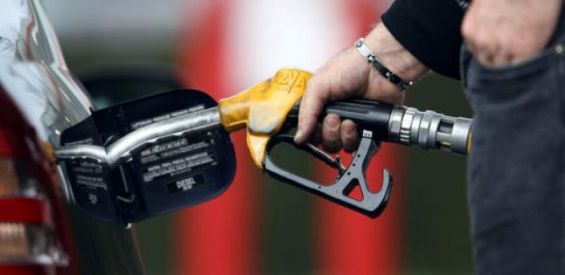The rising oil prices and international protectionism are expected to affect Morocco’s economy as the government is about to submit a 2019 draft budget, said Reuters on Thursday, quoting Saadeddine El Othmani’s cabinet.
«Next year will be fraught with challenges relating to increasing protectionist tendencies in the international economy and rising oil prices», wrote the government in a communiqué, referring to the economic policy of restricting international trade, often with the intent of protecting local businesses and jobs from foreign competition.
«This year's budget was based on $60 dollars per barrel although the average price in international markets rose to $73», declared the government spokesperson Mustapha El Khalfi during a press briefing held on Thursday in Rabat.
In a different statement, Central bank Governor Abdellatif Jouahri stated that the increasing oil prices and the international political scene's tendencies might immediately «impact Morocco’s finances», added the British news agency.
Oil prices and the boycott campaign
In fact, the government procedure comes as the Kingdom is witnessing a widespread boycott campaign that Moroccans launched to protest against the high cost of living in general and oil prices in particular.
Boycotters targeted three major companies, including the country’s leading fuel distributor Afriquia SMDC, the French company’s Moroccan subsidiary (Central Danone), and mineral water company Oulmes which both issued profit warnings, impacted by the viral campaign.
Earlier this month, General Affairs Minister Lahcen Daoudi told Bloomberg that the government will finalize a new plan to monitor fuel prices, in an attempt to answer some of the boycotters’ demands.
The new procedure which will be soon approved by the Moroccan Prime Minister is set to enable the government to «adjust» fuel prices every 15 days and «impose temporary measures to counter excessive fluctuations in prices brought by extraordinary measures», clarified Daoudi.
For the record, the Moroccan government decided in 2015 to lift the cap on fuel distributors in an attempt to reduce current consumption and improve the national economy. The lift was, however, highly criticized, as fuel distributors’ profits in the Kingdom skyrocketed.





 chargement...
chargement...













